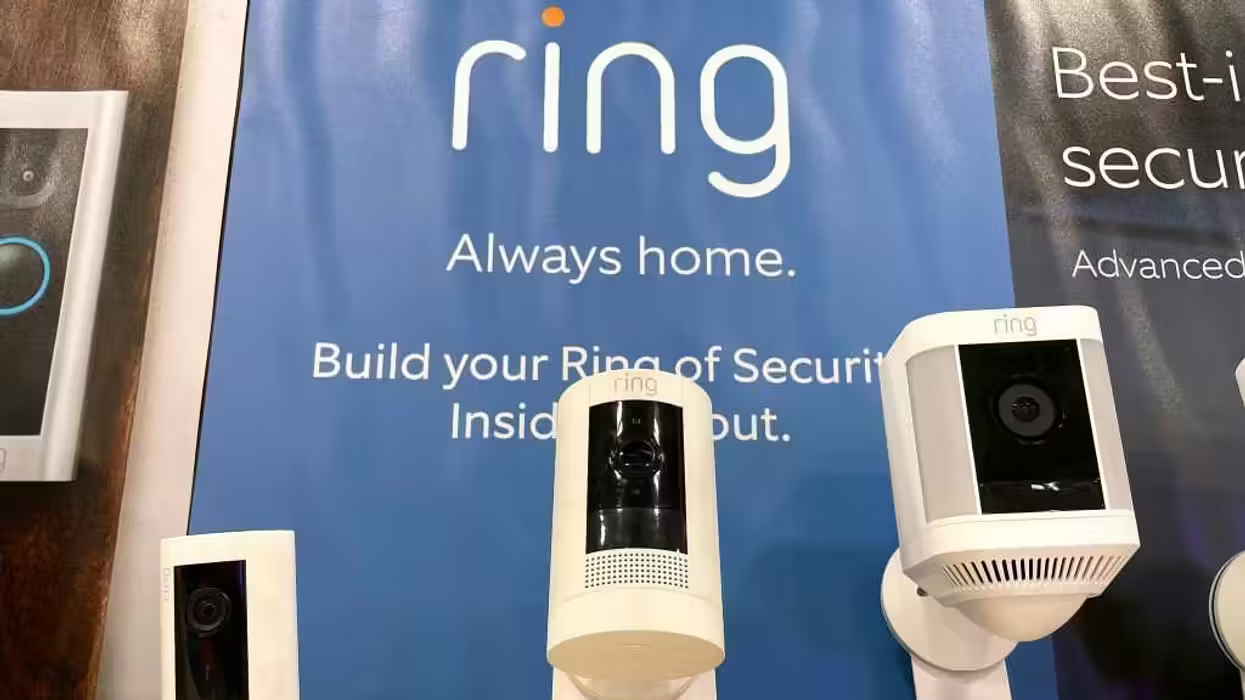© 2026 Blaze Media LLC. All rights reserved.
The ACLU claims that some police are using a "snooping device."
Picture this: You're arrested unexpectedly (after all, who really expects to get arrested). Following your detainment, police begin shuffling through your phone, checking your contacts, reading your e-mails and listening to private voice mails -- all without your permission and without a warrant. While this scenario may seem unlikely, CNN's Amy Gahran claims that warrantless cell phone searches are becoming more common in some states across the nation.
While some may argue that this really isn't a big deal (if you have nothing to hide, the police won't have anything to find), there are obvious privacy concerns at play. If the police need a warrant to search your home, some wonder why they wouldn't need one to shuffle through your phone. Currently, the laws differ state by state:
In California, it is legal for police to search an arrestee's cell phone without a warrant -- ever since a January decision by the California Supreme Court.California civil rights advocates are pushing back. The Electronic Frontier Foundation is supporting California Assembly Bill SB 914, which would require police in that state to get a warrant before searching an arrestee's cell phone...
Meanwhile, in Florida, an appellate court decision upheld warrantless cell phone searches, defining the phone as a kind of "container." This case may be considered by the Florida Supreme Court.
A similar Georgia appellate court decision upheld a warrantless search of a cell phone found in an arrestee's car (not on her person).
In contrast, the Ohio Supreme Court has barred warrantless cell phone searches.
This issue is one of many that showcases how the law can sometimes trail behind the creation and evolution of various technologies. As smart phones have developed and become more multipurpose devices, they now hold the potential to be more damaging to suspects. As Gahran points out:
The pattern appears to be that around the U.S., some state and local police officers are taking the initiative to search arrestees' cell phones. In some cases this yields information relevant to the alleged crime, which has contributed to indictments and convictions.
The ACLU claims that some police are using a "snooping device" that enables them to actually download information from a suspect's cell phone. The Blaze's Jonathon Seidl covered these "extraction devices" back in April. Watch below for more information on this controversial technology:
What do you think? Should police have the right to search someone's cellular phone or should they be require to obtain a warrant to do so?
Want to leave a tip?
We answer to you. Help keep our content free of advertisers and big tech censorship by leaving a tip today.
Want to join the conversation?
Already a subscriber?
Billy Hallowell is a digital TV host and interviewer for Faithwire and CBN News and the co-host of CBN’s "Quick Start Podcast."
Billy Hallowell
Billy Hallowell is a digital TV host and interviewer for Faithwire and CBN News and the co-host of CBN’s "Quick Start Podcast."
more stories
Sign up for the Blaze newsletter
By signing up, you agree to our Privacy Policy and Terms of Use, and agree to receive content that may sometimes include advertisements. You may opt out at any time.
Related Content
© 2026 Blaze Media LLC. All rights reserved.
Get the stories that matter most delivered directly to your inbox.
By signing up, you agree to our Privacy Policy and Terms of Use, and agree to receive content that may sometimes include advertisements. You may opt out at any time.






